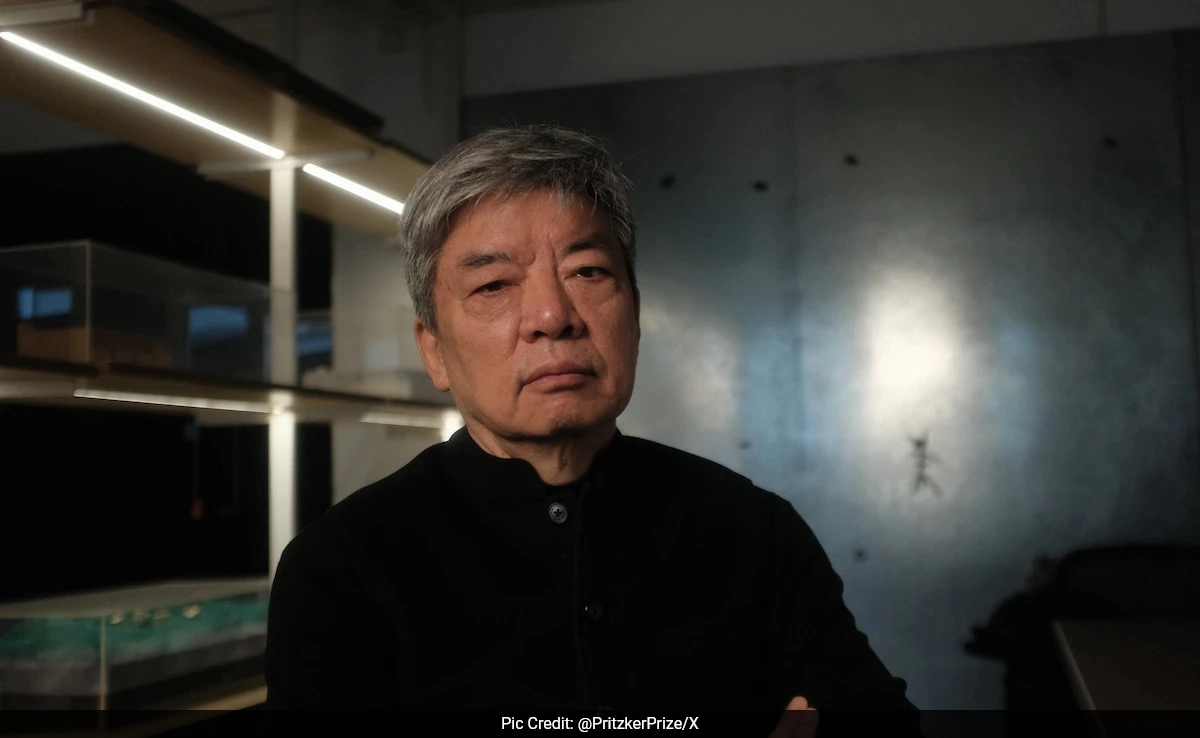Bryan Johnson, a prominent entrepreneur known for his ambitious quest for longevity, recently made headlines with a surprising revelation: he has discontinued a longevity drug that he felt accelerated his aging process. Johnson, who has invested significant time and resources into anti-aging research and treatments, has been a vocal advocate for exploring the limits of human lifespan. His quest has included a variety of experimental therapies and medications aimed at reversing the effects of aging and enhancing overall health. However, his latest experience has led him to reassess the efficacy and safety of certain longevity interventions.
In a candid discussion about his journey, Johnson shared that the drug, which was initially promising, ended up having unintended consequences. Instead of contributing to his goal of improving health and extending his life, he noticed signs that suggested the drug was having an adverse effect. This unexpected outcome has prompted Johnson to reevaluate not only his reliance on pharmaceuticals but also the broader narrative surrounding longevity treatments. It raises important questions about the balance between innovation in healthcare and the potential risks involved in pursuing untested or inadequately studied therapies.
Johnson’s decision to abandon the drug underscores the complexities of the longevity industry, which is often filled with hype and uncertainty. While many individuals are eager to explore new ways to prolong their lives, the scientific understanding of aging is still evolving. Johnson’s experience serves as a cautionary tale about the need for thorough research and clinical trials before embracing new treatments. As he continues his journey towards optimal health, his story highlights the importance of personal accountability in health decisions and the necessity of being informed consumers in an ever-changing landscape of medical advancements.
Ultimately, Johnson remains committed to his mission of discovering effective methods for enhancing longevity, albeit with a more cautious approach. His experience serves as a reminder that the pursuit of extended life spans must be approached with both enthusiasm and skepticism. The decision to discontinue the drug reflects a growing awareness in the medical and wellness communities about the importance of evidence-based practices. As individuals navigate their own paths toward health and longevity, stories like Johnson’s can provide valuable lessons about the intersection of innovation, safety, and the quest for a longer, healthier life.




